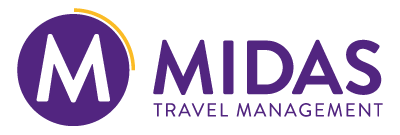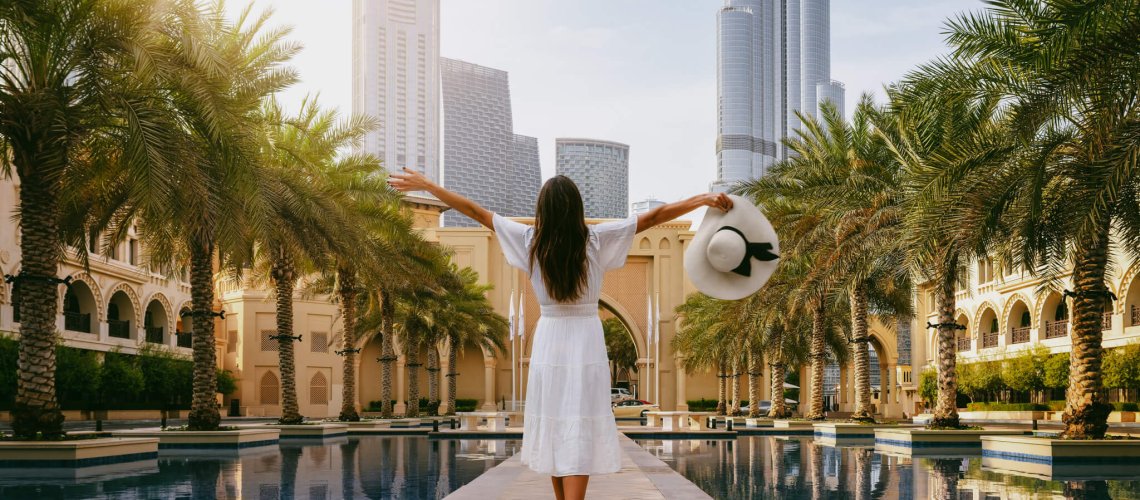Business travel has long been seen as a purely functional activity: get from point A to point B, attend meetings, and return with results. Yet in recent years, the rise of ‘bleisure’ travel, hybrid work models, and an increased focus on traveller well-being has opened new opportunities to borrow elements from leisure travel – without compromising productivity, compliance, or cost control.
The challenge for companies is balancing comfort and enjoyment with business objectives. Done right, integrating select leisure experiences into your corporate travel programme can boost employee satisfaction, enhance productivity, and strengthen retention.
Why leisure experiences matter in business travel
Leisure travel focuses on enjoyment, exploration, and relaxation. While business travel is goal-oriented, certain aspects of leisure travel can improve the overall business travel experience:
- Well-being: Comfortable accommodation, flexibility, and downtime improve focus and energy for meetings
- Personalisation: Choice in meals, room type, or amenities increases traveller satisfaction
- Cultural exposure: Experiencing local culture can enhance engagement during international business trips
Incorporating these elements thoughtfully allows organisations to create a travel programme that employees appreciate, while maintaining operational discipline.
Areas where leisure practices enhance business travel
Accommodation & workspace comfort
Rather than opting solely for the cheapest or closest hotel, consider properties that combine convenience with comfort:
- Reliable Wi-Fi and quiet rooms for remote work
- Easy access to meeting venues or transport hubs
- Amenities that support well-being, such as fitness centres or wellness facilities
These choices do not need to mimic a vacation but should prioritise both comfort and productivity.
Flexible itineraries & smart scheduling
Leisure travellers value flexibility – they explore and adjust plans spontaneously. In a business context, flexibility can translate into:
- Allowing short breaks between meetings to reduce fatigue
- Avoiding overly tight schedules that compromise performance
- Providing alternatives for travel delays or disruptions
This flexibility improves traveller satisfaction and overall trip effectiveness.

Integration of cultural or local experiences
Incorporating elements of local culture – a team dinner at a regional restaurant or a brief cultural activity – can:
- Strengthen relationships with clients or partners
- Provide memorable experiences that boost morale
- Encourage employee engagement without detracting from core business objectives
Even small touches of leisure can create positive associations with business travel.
Best practices for using leisure elements wisely
| PRINCIPLE | IMPLEMENTATION |
| Balance enjoyment and productivity | Focus on amenities and experiences that enhance work performance rather than purely recreational perks |
| Policy alignment | Ensure all leisure elements are compliant with corporate travel policies and duty-of-care obligations |
| Data-driven choices | Use traveller feedback and performance metrics to identify what works best |
| Cost-conscious integration | Select enhancements that provide high perceived value without inflating budgets |
| Well-being first | Prioritise sleep, nutrition, and downtime – fatigue is a hidden cost of ineffective travel programmes |
By following these principles, companies can design business travel programmes that feel more human, support employees, and deliver measurable results.
Conclusion
Business travel doesn’t have to be purely functional – nor should it mimic a holiday. The smartest corporate travel programmes leverage elements of leisure travel to improve the traveller experience while maintaining compliance, efficiency, and cost control.
By integrating comfort, flexibility, and meaningful experiences, companies can transform travel from a routine obligation into a strategic advantage, enhancing employee satisfaction, engagement, and overall business outcomes.
In 2025 and beyond, the best business travel programmes won’t just move people – they’ll empower them.
At MIDAS Travel, we have experienced consultants that treat every journey is tailored to the traveller and around the key deliverables – whether that’s closing a new deal or adding on a trip with family and friends. If you have an upcoming business trip and would like expert support, our team would be happy to help.
USEFUL LINKS
- Business travellers: how to move more and stay active – MIDAS Travel Blog
- Executive Leisure – MIDAS Travel Website
- Leisure Travel – Future Travel Group Website

